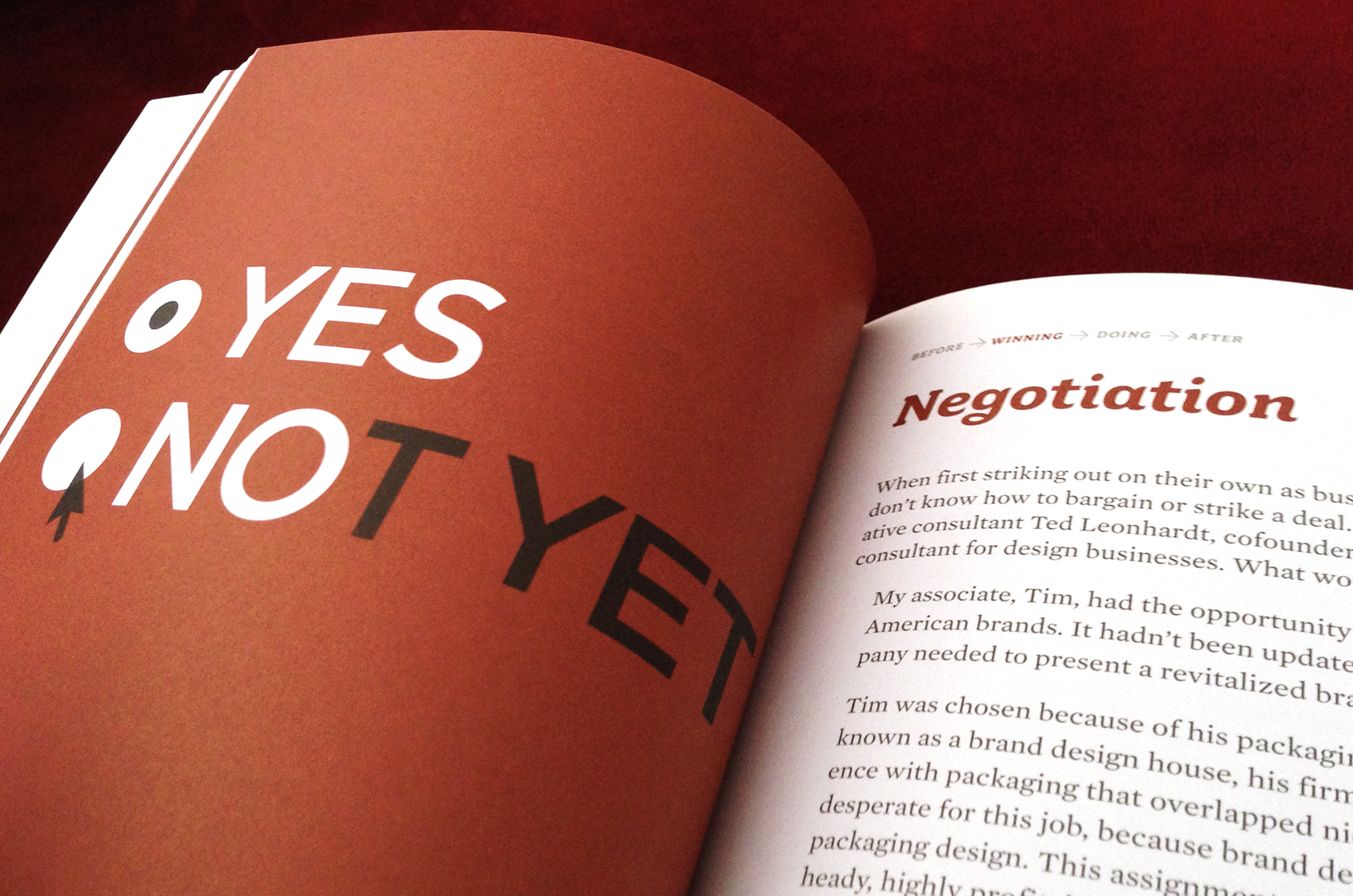 Thank You notes are still a powerful statement. It’s so powerful, it still offers the employer the final statement: Hire me.
Thank You notes are still a powerful statement. It’s so powerful, it still offers the employer the final statement: Hire me.How would a thank you note make you feel if you were making a hiring decision? Please share your thoughts with us.
About Mark Anthony Dyson
I am the "The Voice of Job Seekers!" I offer compassionate career and job search advice as I hack and re-imagine the job search process. You need to be "the prescription to an employer's job description." You must be solution-oriented and work in positions in companies where you are the remedy. Your job search must be a lifestyle, and your career must be in front of you constantly. You can no longer shed your aspirations at the change seasons. There are strengths you have that need constant use and development. Be sure you sign up to download my E-Book, "421 Modern Job Search Tips 2021!" You can find my career advice and work in media outlets such as Forbes, Inc., Fast Company, Harvard Business Review, Glassdoor, and many other outlets.



